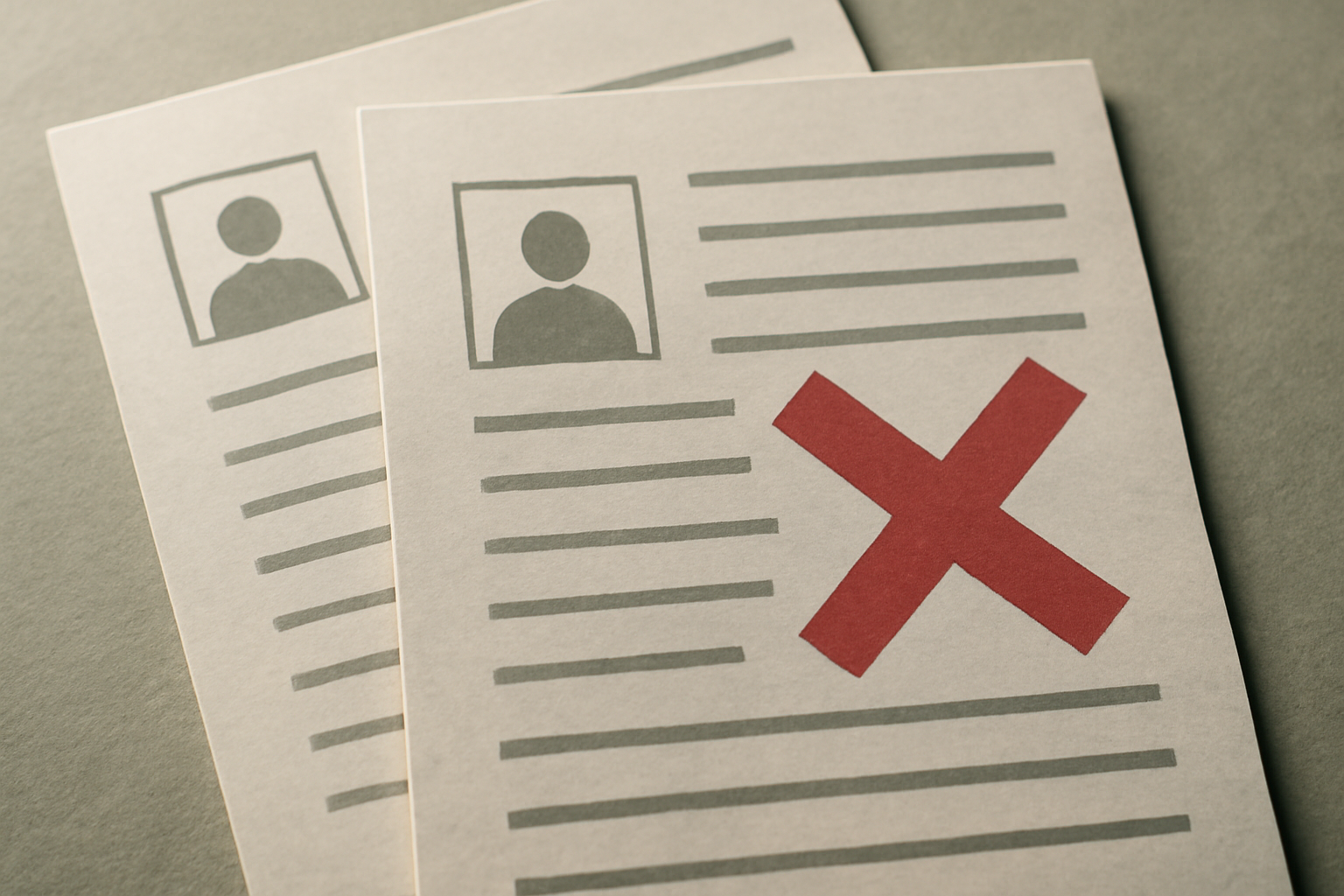Mistaken Identity on Background Check: What It Is and How to Fix It
In today’s world, background checks are an essential part of the hiring, housing, and lending processes. Employers, landlords, and financial institutions rely on background checks to assess applicants’ criminal history, credit status, and overall trustworthiness. However, what happens when the background check contains information that is not actually about you - when you become a victim of mistaken identity?
Mistaken identity on background checks is a surprisingly common problem that can lead to severe consequences such as job denial, housing rejection, or loan disqualification. Understanding how these errors occur, their effects, and your legal rights is critical to protecting your reputation and future opportunities.
What Is Mistaken Identity on Background Checks?
Mistaken identity on a background check occurs when your personal information is confused with that of another individual. This mix-up can result in a background report showing criminal records, financial debts, or other adverse information that actually belongs to someone else. These errors can arise due to:
Similar names or aliases
Matching or close Social Security numbers
Shared or similar addresses
Errors in data entry or record matching by background screening companies
For example, John A. Smith might be mistakenly linked to criminal records belonging to John B. Smith or another person with the same or similar name. Even minor discrepancies, such as an incorrect birthdate or transposed digits in a Social Security number, can cause the wrong records to appear on your report.
Why Mistaken Identity Is a Serious Issue
Mistaken identity on background checks is not just a minor inconvenience — it can cause major harm to your personal and professional life. Here are some of the common impacts:
1. Employment Denial
Many employers require background checks before hiring. A report that incorrectly shows a criminal conviction or financial irresponsibility can lead to job offers being rescinded or applicants being disqualified outright. This damages your ability to earn a living and provide for yourself or your family.
2. Housing Rejections
Landlords and property managers also screen tenants with background checks. Mistaken identity can result in denial of rental applications, making it difficult to secure housing or forcing you to pay higher deposits or fees.
3. Loan and Credit Denials
Lenders often review credit and background information before approving loans or credit lines. Errors that reflect unpaid debts, judgments, or criminal activity can negatively affect your creditworthiness and block you from obtaining financing.
4. Damage to Reputation and Mental Health
Beyond tangible losses, having false information associated with your name causes emotional distress, anxiety, and frustration. It can take a toll on your confidence and personal relationships.
How Do Mistaken Identity Errors Occur?
Background screening companies collect data from numerous sources — public records, courts, credit bureaus, and other databases. Because this data comes from multiple agencies and systems, inconsistencies or errors can arise at several stages:
Data Entry Errors: Typos, incorrect data coding, or misinterpretation can cause records to be mismatched.
Outdated Information: Old records that were not properly updated may still be linked incorrectly.
Inadequate Matching Algorithms: Some companies use insufficient matching criteria, relying too heavily on names without confirming other unique identifiers.
Mixed Files: This happens when data from two or more individuals is combined into one consumer report, sometimes called “mixed files.”
Your Rights Under the Fair Credit Reporting Act
The FCRA is a federal law designed to protect consumers from inaccurate or unfair credit and background reporting. Under the FCRA, you have important rights when it comes to mistaken identity on your background check:
Right to Accuracy (§1681e(b)): Consumer reporting agencies must follow reasonable procedures to ensure the maximum possible accuracy of the information they report.
Right to Dispute (§1681i): You have the right to dispute any inaccurate information and require the agency to reinvestigate.
Right to Notification (§1681m): If an adverse action is taken based on your report (e.g., job denial), you must be informed and given a copy of the report.
Right to Damages (§1681n, §1681o): You may be entitled to compensation if a company negligently or willfully violates your rights under the FCRA.
When to Get Legal Help
While filing a dispute is the recommended first step, many mistaken identity cases require legal assistance to achieve resolution. Background check companies sometimes ignore disputes, delay investigations, or fail to correct mixed files. An experienced consumer protection attorney can:
Review your case and identify all violations of the FCRA
Help you gather the necessary evidence to prove mistaken identity
Communicate and negotiate with background check companies on your behalf
File a lawsuit to recover compensation for damages such as lost jobs, housing, or emotional distress
Conclusion
Mistaken identity on background checks is a serious issue that can unjustly damage your reputation and life opportunities. Understanding how these errors occur, knowing your rights, and taking swift action to correct mistakes is essential. If you have been harmed by a background report that includes information belonging to someone else, don’t hesitate to seek legal guidance to protect your rights and your future.
Is there a stranger on your report?
Contact us!

